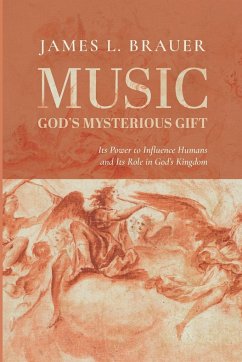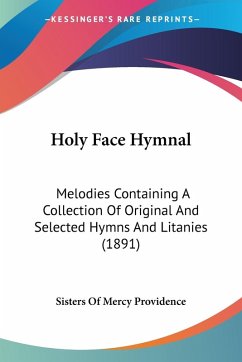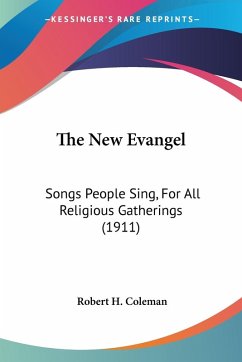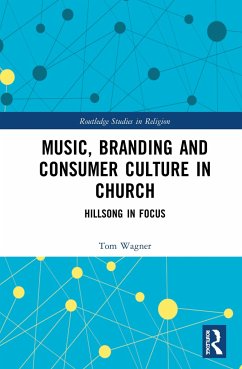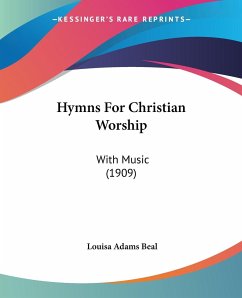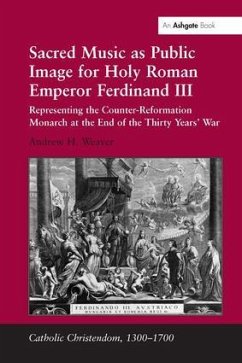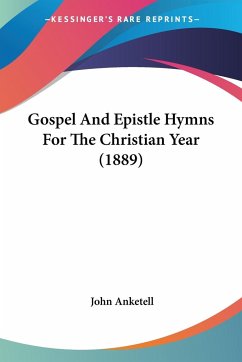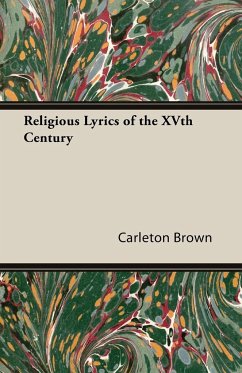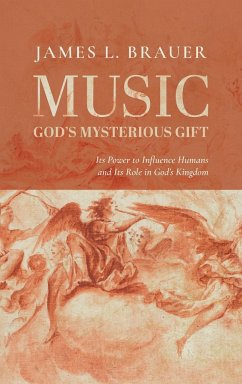
Music-God's Mysterious Gift
Versandkostenfrei!
Versandfertig in 1-2 Wochen
33,99 €
inkl. MwSt.
Weitere Ausgaben:

PAYBACK Punkte
17 °P sammeln!
People hear and enjoy music but seldom consider how great a gift it is. God made human minds and bodies able to respond to musical sounds. Because each brain interprets the signals based on personal experience, reactions vary. Neuroscience is learning how a brain handles the melodies, rhythms, and chords and how they penetrate a person's memory. With easy delivery of digital files one musical selection links to a similar one. Who can know what a nearby listener fancies? Personal choice is a lonely search for truth and for music. What role did God give to music in Israel's life and ritual when ...
People hear and enjoy music but seldom consider how great a gift it is. God made human minds and bodies able to respond to musical sounds. Because each brain interprets the signals based on personal experience, reactions vary. Neuroscience is learning how a brain handles the melodies, rhythms, and chords and how they penetrate a person's memory. With easy delivery of digital files one musical selection links to a similar one. Who can know what a nearby listener fancies? Personal choice is a lonely search for truth and for music. What role did God give to music in Israel's life and ritual when priests were to play trumpets or rams' horns and Levites, appointed by David, were to use lyres, harps, and cymbals to lead worshipers in song? How did Jesus want music to be used? Did Paul identify the best use of music when he instructed disciples to raise their voices in thanksgiving so the Spirit could use their songs to build each other up in faith and service to God? God's gift of music benefits everyone. Listeners enjoy the sounds. Music lovers share selections with others. Believers use songs to become stronger followers of their Lord.





